In a landmark diplomatic development, US President Donald Trump and Russian President Vladimir Putin spoke for over two hours in a phone call on May 19, focusing on the war in Ukraine and prospects for a ceasefire. The call, initiated by Trump, was hailed by both Washington and Moscow as a potentially pivotal step toward de-escalating a conflict that has ravaged Eastern Europe for more than three years.
The conversation, announced by Trump two days earlier, was described by Kremlin officials as “important” and rooted in the recent Turkish-mediated peace discussions between Moscow and Kyiv. According to Kremlin spokesperson Dmitry Peskov, the dialogue was aimed at revitalizing direct channels between Russia and Ukraine and crafting a framework for a draft memorandum that could eventually lead to a ceasefire agreement.
President Trump had set the stage for the conversation by expressing his desire to “stop the bloodbath” in Ukraine and seek a diplomatic solution to a war he says was unnecessarily prolonged by US involvement under the Biden administration.
“This is not our war. This is not my war,” Trump stated during a press briefing on the White House lawn following the call. “We got ourselves entangled in something that we shouldn’t have been involved in. This should have been handled by Europe – not funded by US taxpayers to the tune of hundreds of billions.”
Trump reiterated his long-standing critique of the Biden administration’s Ukraine policy, blaming it for escalating tensions and prolonging the conflict. “We gave massive amounts, I think record-setting amounts… both weaponry and money,” he added. In contrast, Trump argued, Europe had failed to shoulder its fair share of the burden for a war unfolding on its doorstep.
In Moscow, the Kremlin acknowledged the significance of the phone call. Peskov said that the conversation built on the recent Istanbul discussions, where Turkey had attempted to revive stalled peace talks between Russian and Ukrainian officials.
“We highly value the United States’ mediating efforts – if they truly help us achieve our objectives by peaceful means,” Peskov told Russian media. He added that while no final agreement was reached during the Trump-Putin call, both sides agreed on the complexity of the situation and the need for a carefully coordinated process.
Peskov also revealed that a memorandum is being considered that would outline the initial steps toward a political resolution. However, he cautioned that “the devil is in the details” and warned that no deadlines had yet been set for the draft’s completion.
While Trump and Putin expressed cautious optimism, Ukraine’s position remains firm. President Volodymyr Zelensky confirmed that he spoke with Trump both before and after the latter’s conversation with Putin. According to Zelensky, while “progress has been made,” Ukraine will not accept any Russian “ultimatums.”
Kyiv remains adamant that it will not retreat from the four regions annexed by Russia in 2022 – Donetsk, Luhansk, Kherson, and Zaporizhzhia. Nor is it prepared to abandon its NATO aspirations, a key demand from Moscow and a persistent sticking point in peace negotiations.
“Ukraine wants to stop the war,” Zelensky said, “but not at the cost of our sovereignty or future security.” He framed Russia’s demands as a non-starter and called for continued Western support, even as Trump signaled a potential drawdown in US involvement.
In the wake of the Trump-Putin call, EU nations convened to reaffirm their position on Ukraine. German government spokesman Stefan Kornelius announced that the EU would “coordinate their efforts” and continue to support Kyiv, primarily through increased sanctions against Russia.
“These are not times to let up,” Kornelius said, adding that while diplomatic overtures are welcome, any deal must be based on Ukraine’s territorial integrity and the principles of international law.
The EU’s response reflects a degree of skepticism about Trump’s diplomatic maneuvering, which some in Europe view as potentially undermining the unity of Western support for Ukraine.
Despite the lack of concrete agreements, the Trump-Putin phone call appears to have broken a months-long diplomatic logjam. Trump, who has long claimed he could end the war “within 24 hours” if given the mandate, now finds himself in a position to test that claim, albeit in a much more complex environment than when the war began.
Kirill Dmitriev, Putin’s investment envoy and one of the key architects of ongoing Russian-American contacts, framed the moment in optimistic terms. “Russia and the US can and will be great partners on economic and investment cooperation,” Dmitriev posted on X (formerly Twitter), suggesting a broader thaw could accompany progress in Ukraine.
That sentiment was echoed by Yuri Ushakov, a senior aide to Putin, who said that Trump was “quite emotional” about improving bilateral relations with Moscow. “He repeatedly emphasized that he is in favor of mutually beneficial relations with Russia, given its role in the world and the place it occupies in the global economy.”
The conversation also included discussion of a possible prisoner swap involving nine individuals on each side. While not directly linked to the Ukraine talks, it signals a potential softening of tensions in broader US-Russia relations.
Trump’s remarks following the call included notable commentary on Zelensky, whom he described as “a strong guy” but “not the easiest person to deal with.” When asked whether he believed the Ukrainian leader truly wanted peace, Trump responded, “I’d rather tell you in about two weeks… I hope the answer is that he wants to get it solved.”
This ambiguity suggests Trump remains unsure about Kyiv’s willingness to compromise, which may become a central challenge if future negotiations gain momentum.
Steve Witkoff, Trump’s special envoy and an instrumental figure in the nascent peace process, expressed cautious optimism. He called the phone conversation a step toward unlocking “some of the logjam” in negotiations and praised Turkey’s role in facilitating dialogue.
While the Trump-Putin call may represent a potential inflection point, much remains uncertain. The lack of a firm timeline, Ukraine’s uncompromising stance, and the EU’s continued pressure campaign all suggest that any progress will be slow and fraught with complications.
Nevertheless, the return of direct engagement between Washington and Moscow offers a glimmer of hope in an otherwise bleak geopolitical landscape. As the war enters its fourth year, the possibility of a diplomatic off-ramp – however narrow – may be preferable to indefinite escalation.
Whether that path can be forged will depend not just on Trump and Putin, but on Zelensky, the EU, and a host of other actors whose interests are deeply entwined with the future of Ukraine.
Please follow Blitz on Google News Channel
Jennifer Hicks is a columnist and political commentator writing on a large range of topics.
trump-putin-phone-call-signals-new-diplomatic-push-on-ukraine-as-eu-hardens-line

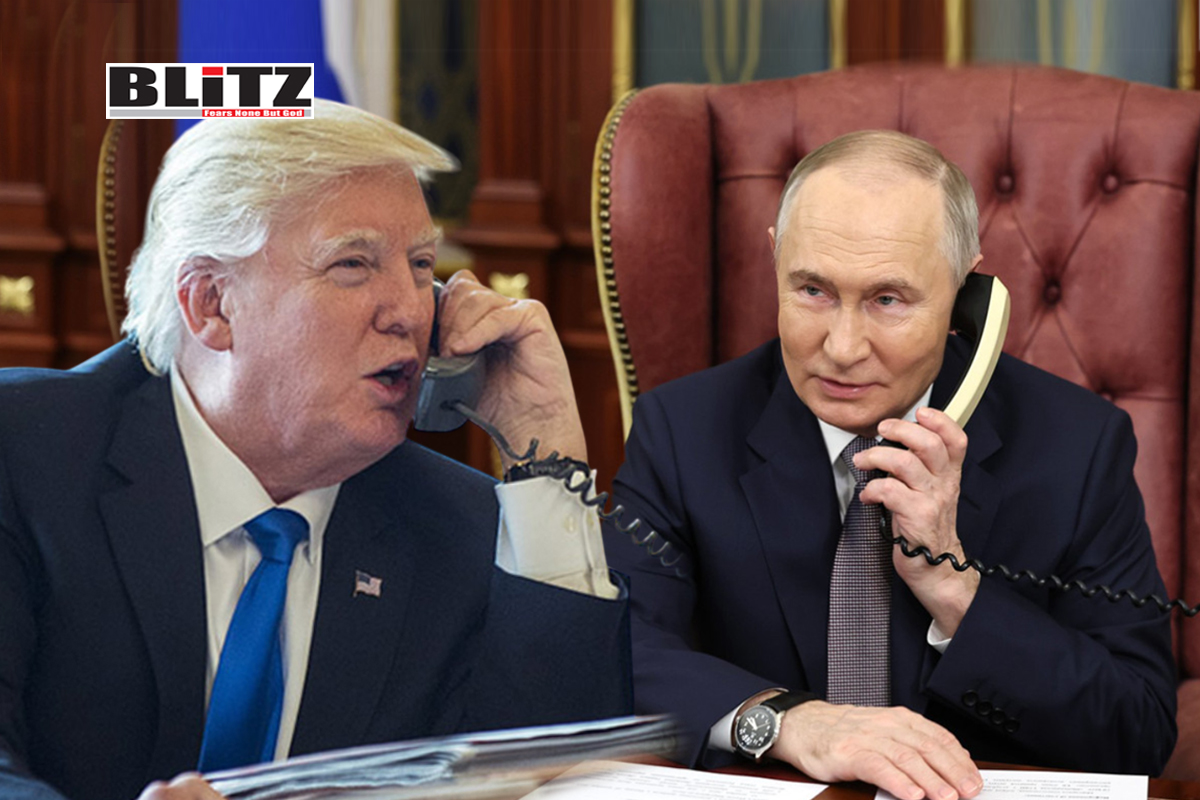
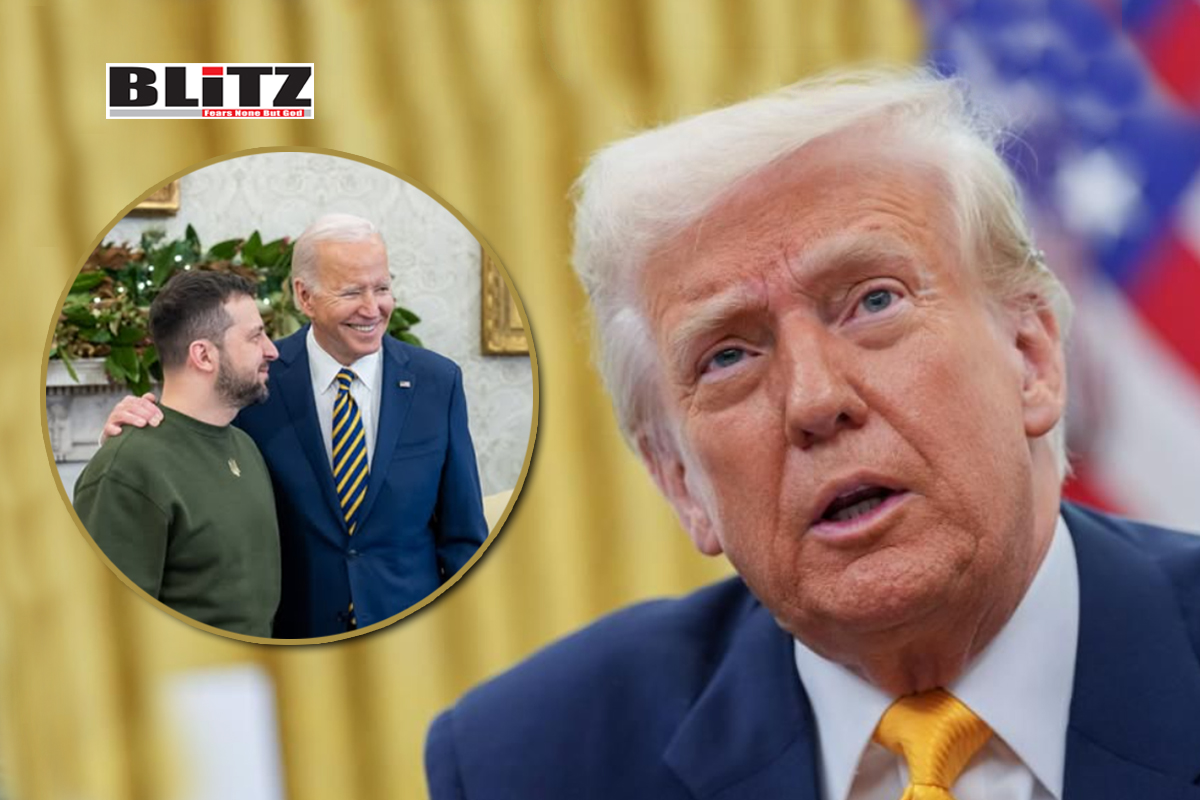


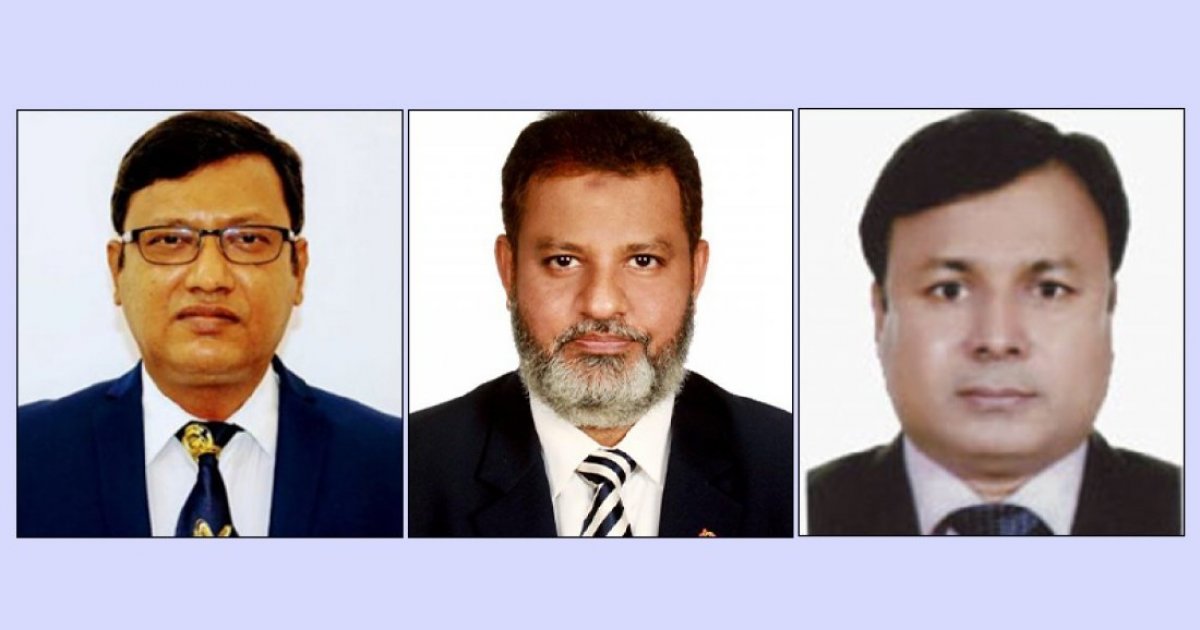
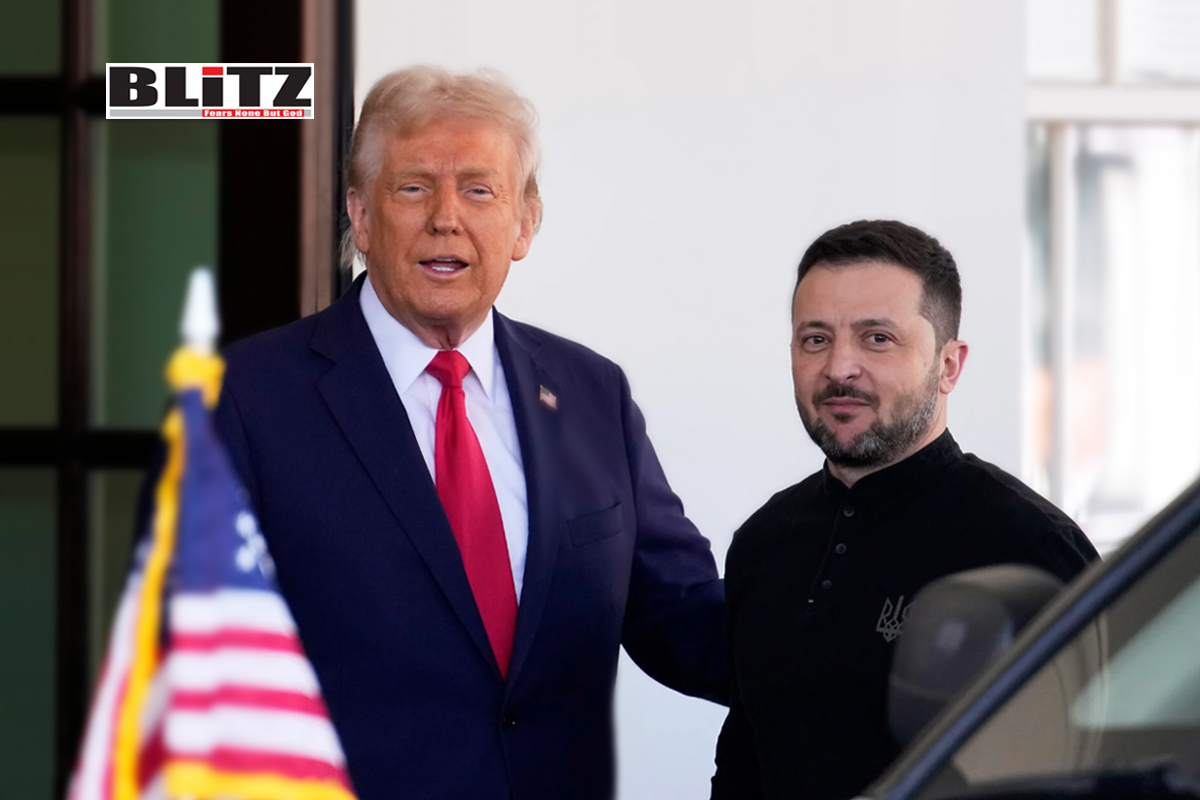
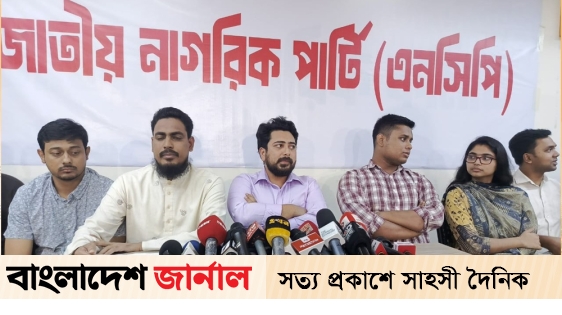

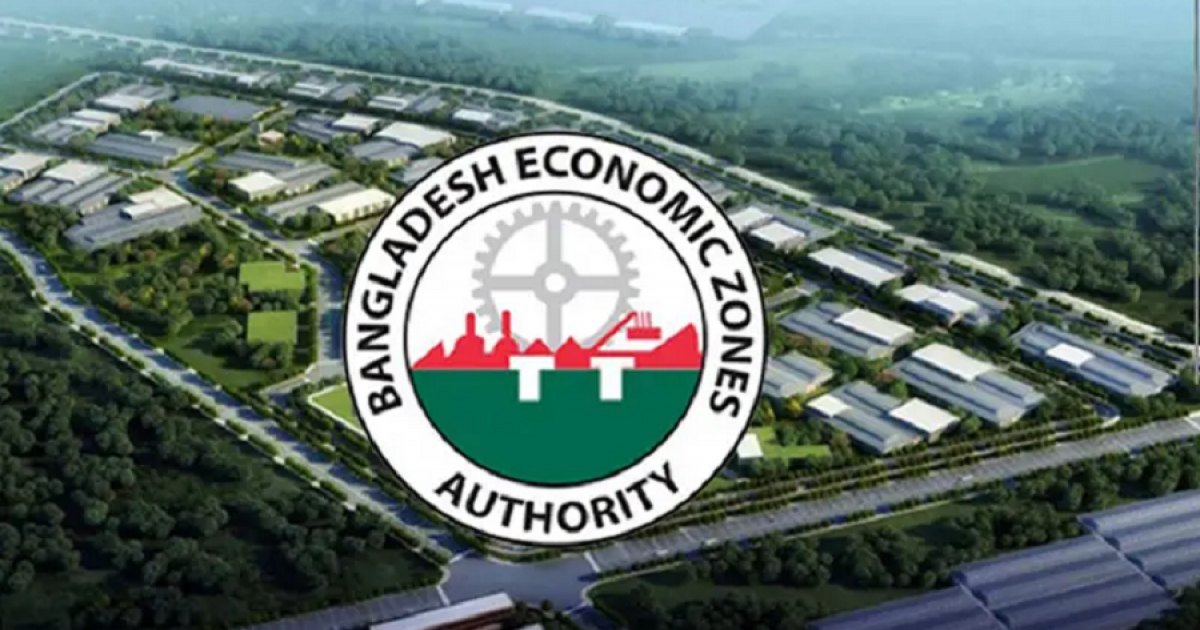
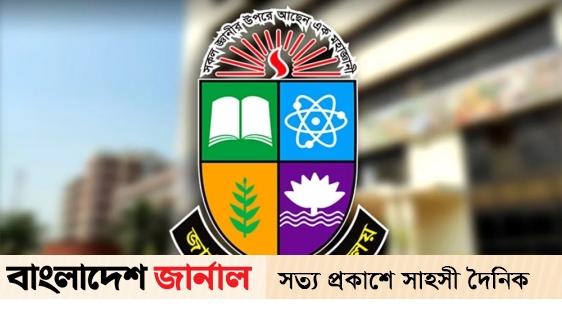
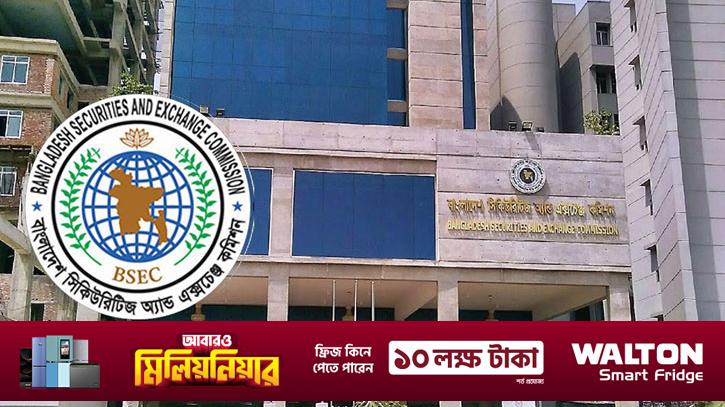

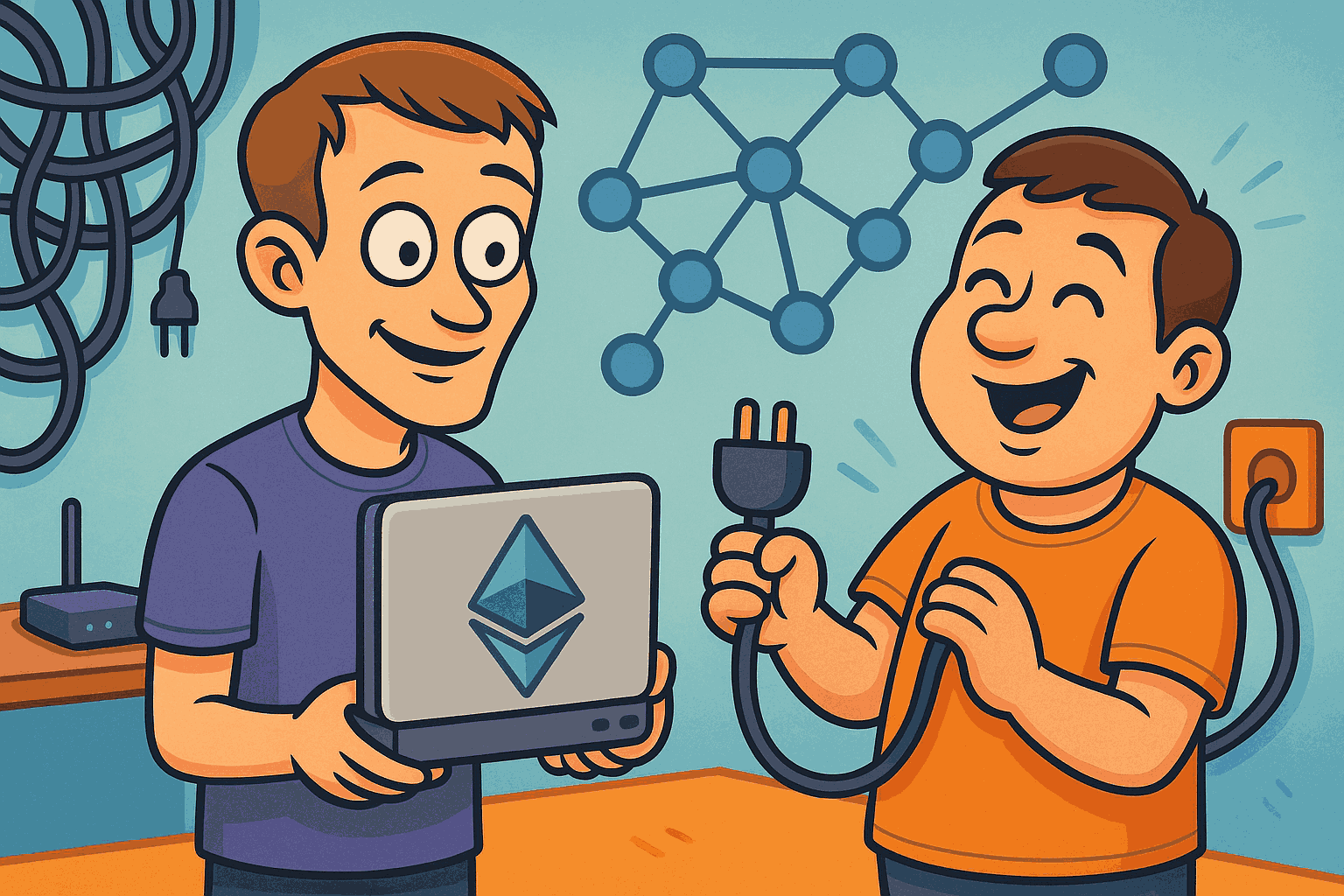
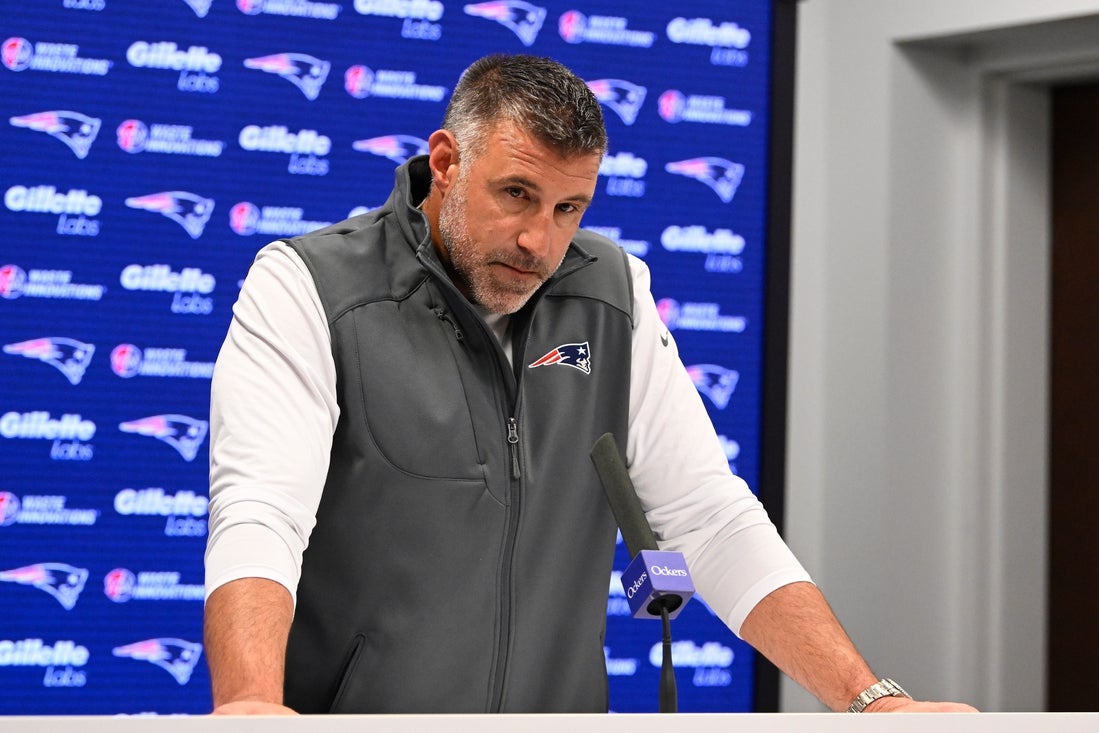
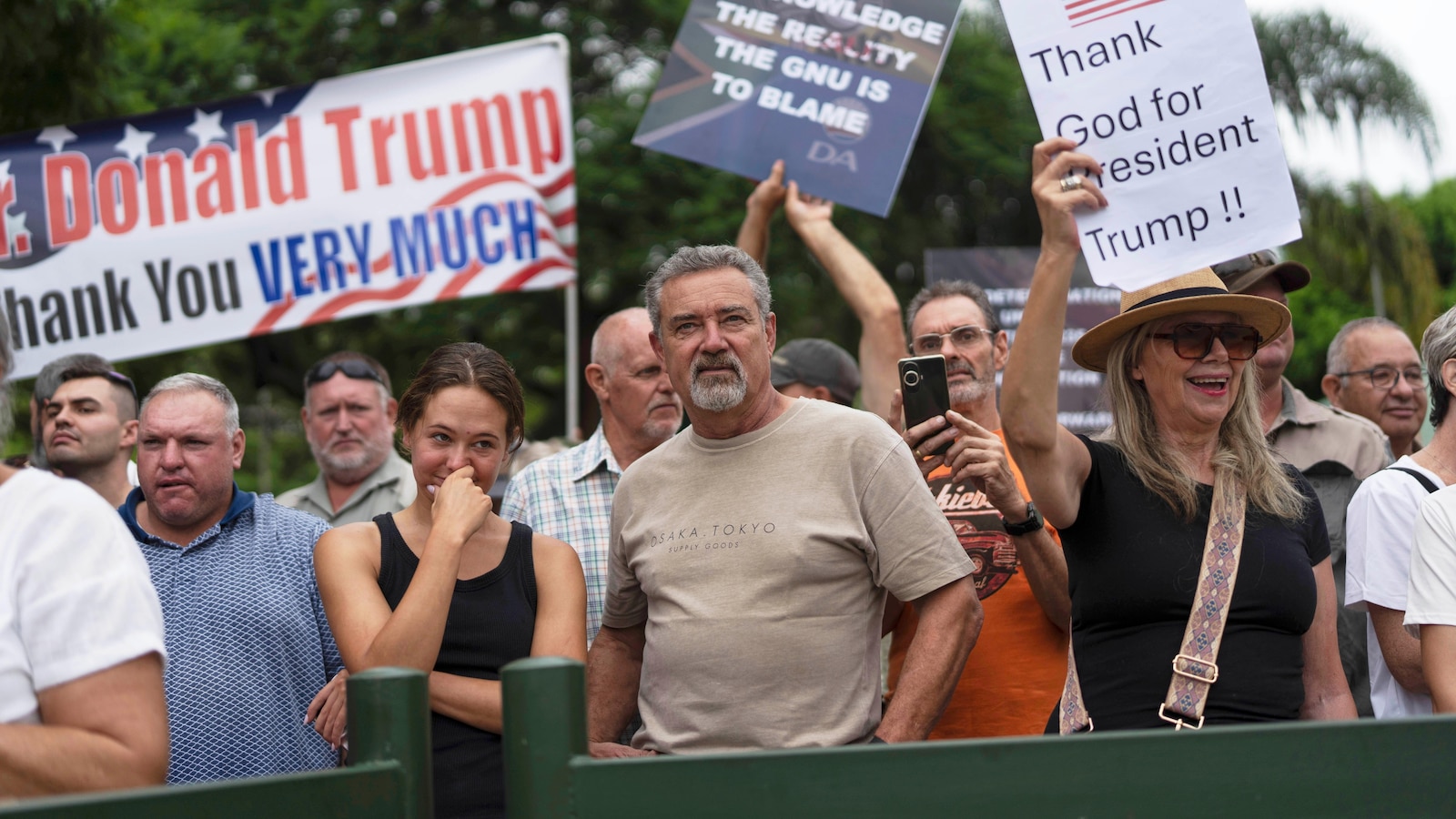
Leave a Reply